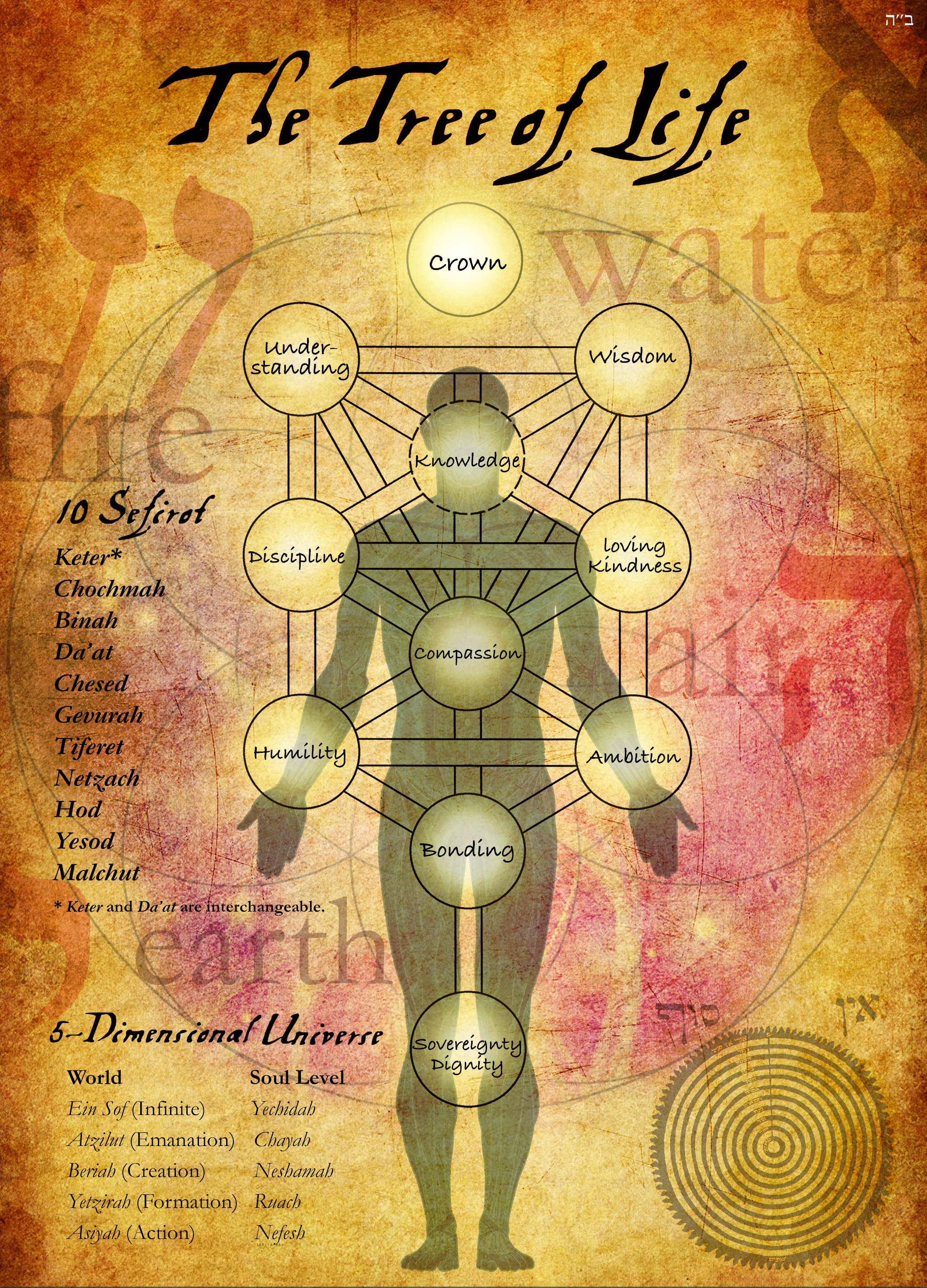Post Simchat Torah Blues
A close friend of mine shared with me how he was badgered this Simchat Torah. He was thoroughly immersed in the grand celebration of Simchat Torah – an annual event at the conclusion of the holiday season, which is marked by unfettered dancing and singing with wrapped Torah scrolls.
But each time this friend of mine took a respite and was seen standing on the sidelines while thousands around him were passionately dancing, he was criticized by friends and strangers. “Today we dance with our feet not with our minds;” “Stop analyzing, and join the celebration;” “Don’t be so rational;” “Enough talking. Start dancing” – were among the critical comments hurled at him.
Clearly, this man has an image problem. His peers consider him an intellectual – a maskil – a term used in Chassidic lingo to depict a powerful mind. But it can also be used derogatively, to describe a cold and even arrogant intellectual, who lives in his head and doesn’t allow himself to let go and experience emotional sensitivity. At its worst, Maskil or the plural maskilim is also the name for the “enlightened” ones, referring to the Haskalah, an intellectual movement which sprung up in Europe during the 18th and 19th centuries, that tried, and in many cases succeeded, to assimilate Jews into the secular culture of the Western world.
Chassidic thought distinguishes between a maskil and an oved, an intellectual and a “server,” one who puts greater emphasis on serving G-d, laboring to refine his/her character and perfect his/her behavior. It is insufficient to just intellectualize, conceptualize and philosophize; one needs to always apply every concept into personal and practical change. A maskil without avodah is frowned upon. Intellect is even considered to be a force that conceals the pure, unadulterated nature of the Divine.
My friend bemoaned the fact that he was being accused of being a maskil. He felt misunderstood. One person, he tells me, ironically spent 20 minutes philosophizing why philosophy is inadequate…
So the question is: Can a maskil dance? Can an intellectual release?
On a broader scale the issue is the role of intellect in the search for truth. On one hand, a discerning mind is necessary to transcend ignorant or emotional subjectivity and find objective truth. On the other hand, intellect can indeed be a force that distorts the search for truth. Intellectuals are not necessarily free of ego and self interest. And when the intellect is employed as a tool as the subjective ego it becomes a formidable enemy, one masked by “intellectual” arguments. Is there any arrogance greater than intellectual arrogance?
This only amplifies the question whether a maskil can get beyond the limits of intellect and experience the innocence of free abandon? How can intellect avoid worshiping itself?
The surprising answer, which I shared with my friend, lies in understanding the true nature of intellect.
The nature of existence can be perceived in two ways. The most common perspective is a dichotomous one. According to this viewpoint, the universe and the tools with which we experience the universe, is comprised of different, fragmented, elements. We use our minds to analyze, process and comprehend, while our hearts feel, emote and experience. We have emotional impulses and instincts, balanced (hopefully) by our reflective minds. This of course includes many conflicts within our psyches – the quintessential battle between mind and heart or between faith and reason, among others.
The second perspective is a unified or integrated one. All of existence, and all our faculties, are different expressions of one deeper reality. This point of view is fundamentally and qualitatively different than the fragmented view.
Needless to say, the Torah perspective – as elaborated upon in Chasidic teachings – is at its core unified by “Hashem Echod:” All aspects of existence are manifestations of one Divine Reality.
One of the radical implications of this unified perspective is that true intellect – haskalah – is at its core not really intellect. Rather it is just another form of Divine energy.
Unified G-dliness can manifest itself in many different ways – in feelings, in character refinement, in song and dance, and yes – in the mind.
The ultimate purpose, according to Chassidic teachings, is not to be smart and profound, but to be G-dly. Just as the point of being sensitive, refined and action oriented is not an end in itself but to be G-dly.
It’s about taking all your faculties – mind, heart, arms, legs, and everything in between – and recognizing that they are, each in their own way, but mere manifestations of one Higher Reality.
In other words, when one conceptualizes and arrives at various conclusions, including an understanding of the Divine, its not that the mind is knowing G-d. But the other way around: G-dliness is manifesting in intelligence.
And this is ultimately what the unbridled dance of Simchat Torah is meant to release. The mind, as all our faculties, but especially the mind with its own self-worshiping paradox, can become trapped by its own parameters. Uninhibited dancing with the Divine Torah – not studying it, but wrapped up – allows us all to transcend our faculties.
But the purpose is not to become illiterate or anti-intellectual. Rather, to recognize that intellect itself is non-intellectual, better – supra-intellectual, a force that expresses the Divine way of thinking.
The mind on its own, left to our fragmented human resources can be a great trap that blocks us from experiencing the ultimate reality. Mind games masking the need for control, intellectual arrogance hiding insecurity, philosophy justifying unaccountable self indulgence, are just some of the forms that intellectual self worship takes on.
But the mind is not off limits to G-d. Indeed, the mind and all its complexity is very much part of existence reflecting the Divine “mind” and design.
Through the bittul (the selfless suspension of ego) of the Simchat Torah dance one can reach the second ultimate perspective, in which the mind does not worship itself, but recognizes how it reflects the Highest Reality.
So, as I told my friend, there’s a maskil and there’s a maskil. The former one can indeed be arrogant and unable to let go in dance. The latter sees his intellect as just another form of the Divine dance. Its up to you to choose which maskil you will be.
Now, there’s a bit of haskalah to chew upon…








From: Bringing Heaven Down to Earth by Tzvi Freeman
My father-in-law, Professor Avraham Polichenco, was a professor of computer science in Argentina and introduced computers to Argentina in the 60s. At the same time he made a major shift in life, from an ardent secular Zionist with a bias towards anyone religious, to a fervent chassid with a keen interest in the Kaballa.
My father-in-law was privileged to have engaged the Rebbe in several long discussions. In one of those talks, they discussed computers. It is interesting that the Rebbes concept of the computer back then in the 60s was very much the concept of convergence that only became popular in the early 90s.
What is new about the computer? You walk into a room and you see familiar machines: A typewriter, a tape recorder, a television, of course a calculator — but none of these are new. Unseen, however, beneath the floors and behind the walls, are cables connecting all technology that allows them to all speak the same language — thereby transforming them from many ordinary machines into a single powerful computer.
Now, lets take your own life. You pray, you do business, you eat, you talk — each activity seemingly irrelevant to the next. A mess of fragments. And such, too, is the native psyche of the human being: We have minds that understand one way, hearts that feels another — and what we do has often nothing to do with either of those.
Take the technology of the computer and apply it in terms of your everyday life: Find a common meaning at which all these fragments converge, and thereby unleash their power. When a person wakes up in the morning and realizes he was created and placed here with a purpose, and that nothing in his life is irrelevant to that purpose, then all the fragments converge into one harmonious whole.
This ‘piece of work’ that you have written, I cannot find the words to tell you how much I was… I don’t even know the word to use here… Overwhelmed? Flabbergasted? Appreciative? And the list goes on and on…
This particular article gives such profound insight to the issue and especially describes the Lubavitchers philosophy so well.
I must admit that I had to read it slowly and reread parts for it to sink in as to what you are saying here. But it is a beautiful piece. I am going to forward it to all my
Lubavitcher Rabbis, just to make sure that they read it.
And it goes without saying I will also forward it to many on my list but I wonder if it will be understood. Intellectuals are NOT so OPEN MINDED.
Thank you very very much for sharing with so many of us your blessing Ha Shem gave you with your abilities to write so well…where it gets inside of so many of us.
Thank You.
I live in my heart. And I love with wild abandon. Refining oneself is a perpetual pursuit with peaks and valleys.
Thank you for the wise message.
As usual – I loved your interpretation (and musings) on Simchat Torah!
Just to add a few thoughts and saw an example of what I thought was maskil. I went to visit my sons Yeshiva for Hakafot and was surprised to see the women–educated Yeshiva wives– sitting around munching on candy and chatting idly while the men danced their hearts out. I wondered if my reaction to Simchat Torah was wrong. Coming from a Young Israel in Westchester where women were encouraged to be bsimcha — to feel it, to dance and to let the simcha aspect take over in much the same way as the men – I found my feet tapping and my hands clapping and my body wanting very much to be participatory–not just sitting around wondering whether it was time to go yet!
There are two times of the year when we are commanded to turn-on our happy side- Purim and Zman Simchasaynu. With a recent divorce, ex-husband in a hospital, son in a hospital–there was plenty to drag me down if I would let it–and let me tell you–Simcha wasnt that easy to achieve this year–my whole mind was working against me! But NO–Simcha was a mitzvah and one of the ways I managed to break myself into the Happy mode was by letting my body go and clapping and tapping and singing along (softly) while the men provided the beat in the room next door. And it worked because it didnt take long at all for my soul to follow my body–take the cue –and transcend the things that were bothering me.
I know these Yeshivishe women thought I was out of my mind–I saw the looks they gave me as I swayed and clapped. That silly lady is obviously not from here, not one of us, doesnt know her place! I dont care. I so totally agree with you that everyone should be bsimcha — (EVEN the women in a tzniut way and in their own space). Simcha is NOT a mitzva shehazman grama – its for all of us to experience!
We have just been through Din and Rachamim. Thats what this holiday season was all about. And there is a time and place for both. I only wish that EVERYBODY (in particular my female peers) understood that by immersing ourselves in first Din (Rosh Hashana and Yom Kippur) and then understanding the Chesed and Rachamim (Sukkot/Simchat Torah) and emulating the qualities we recognize in HaKadosh Baruch Hu, we are bringing ourselves as close to Hashem as we can possibly get.
I always enjoy your writings. Your topic reminded me of a song my daughter wrote recently. Thought you might enjoy seeing the lyrics.
Lyrics – Ein Sof
There was a light, it was so bright,
yet, You hid it,
and now i gotta fight with all my might,
to break my night, and to delight in Your presence,
my essence is You, bound internally, eternally.
No other existence, it takes persistence,
to constantly recall,
that theres nothing else at all.
Kelipahs just a con-artist working for You,
hes trying to sell us negativity and see if well be true,
were glued to Your right-of-way,
hes selling lies, fabrications,
be strong in our belief,
now, theres no time for hesitation!
Chorus:
Shatter our ego,
reveal our inner soul,
chassidus lit the fire,
and redemptions the goal,
all this physicality,
we know it aint reality,
there is so much more that we cant see,
with You alone we want to be.
Beware! –
in all we do, not to trip long the way,
cars, cash, homes, loans-
idol worship of today,
theres no way, not a day, that we aint gonna pay,
for going down the wrong-way street,
so try to keep to the beat,
let our flame give off heat,
warming those around us,
heating! –
those who surround us,
may astound us,
yet its here that we strive to stand,
above and beyond what we can understand,
a maskil (intellectual) is walking on his head,
an oved (servant) on his feet,
stay on the feet,
defeat the raah (evil), beat the raah,
Revenging, avenging any battles we lost,
we tried to copy other nations,
but we sure paid the cost,
they tried to starve us,
now were feasting,
learning Torah – never ceasing,
Torah is food,
ice-cold brain on fire,
with no desire to retire….
Chorus:
Shatter our ego,
reveal our inner soul,
chassidus lit the fire,
and redemptions the goal,
all this physicality,
we know it aint reality,
there is so much more that we cant see,
with You alone we want to be.
MB